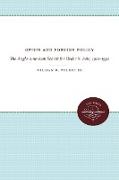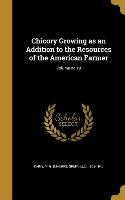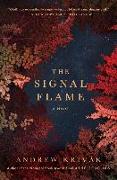Opium and Foreign Policy
BücherAngebote / Angebote:
Throughout much of China and Southeast Asia, many farmers had cultivated opium for generations, and at times survival itself seemed to depend upon the market for the poppy crop. Before World War II, the British tolerated the deeply entrenched culture of the poppy in China in order to safeguard their economic and political interests. Conversely, the Americans, who had far less at stake in Asia strategically or economically, consistently opposed the opium trade. During the war, the United States defined opium as a strategic commodity and tried to restrict Japanese access to it. Following the war, American hopes of limiting the Asian drug trade were thwarted by civil war in China. Finally, as the Cold War spread to Southeast Asia in the 1950s, drug control was subordinated to Western security concerns in the fight against communism.
Folgt in ca. 10 Arbeitstagen




